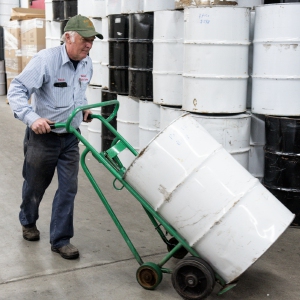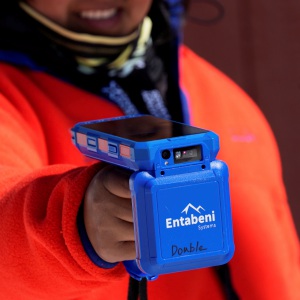Federal government slashes staffers at critical heating program for Vermont
| Published: 04-05-2025 11:00 AM |
Vermont officials are assessing how residents may be affected after the mass firing of federal workers who administer the LIHEAP program, which provides millions of dollars in heating assistance to low-income households in the state.
The cuts, reported by national news outlets Wednesday, won’t immediately affect Vermonters receiving the federal assistance, according to the state Agency of Human Services. But the agency is still evaluating potential impacts to the program in the long term, Economic Services Division Deputy Commissioner Miranda Gray said via email Thursday.
The Low Income Home Energy Assistance Program provided $23 million in funding to Vermont in 2025 for the winter season, which runs from November to April. That money has already been allocated to the state, according to Tom Donohue, CEO of BROC Community Action.
— VtDigger
Officials from community action agencies, which help provide fuel oil or other heating assistance directly to Vermonters in need, expressed concern about the possibility of losing these funds in the future, given the critical nature of the program.
Donohue estimated that BROC, a community action agency in Rutland and Bennington counties, has provided heating assistance to more than 600 households across its domain in this especially cold winter.
“Our staff has appointments all day long, pretty much every day, Monday through Friday, and then there’s an after hours emergency number too,” he said.
Capstone Community Action in Washington, Lamoille and Orange counties has provided more than 700 assists this season, according to Alison Calderara, the organization’s interim co-executive director.
Article continues after...
Yesterday's Most Read Articles
“These funds can be about survival for people,” she said.
Vermont does not receive funds for cooling assistance like warmer states do, Donohue said. But Calderara said she was sympathetic to states like Arizona that could be losing immediate funds as they approach the summer months.
“They could have 120-degree (weather), and yet they may be looking at not getting their funding,” she said.






 Hartford man dies while incarcerated
Hartford man dies while incarcerated  Hartford hires its first housing and development specialist
Hartford hires its first housing and development specialist So far exempt from tariffs, maple industry still feels their effects
So far exempt from tariffs, maple industry still feels their effects A New Hampshire ski resort bets on tech to compete with industry giants
A New Hampshire ski resort bets on tech to compete with industry giants
